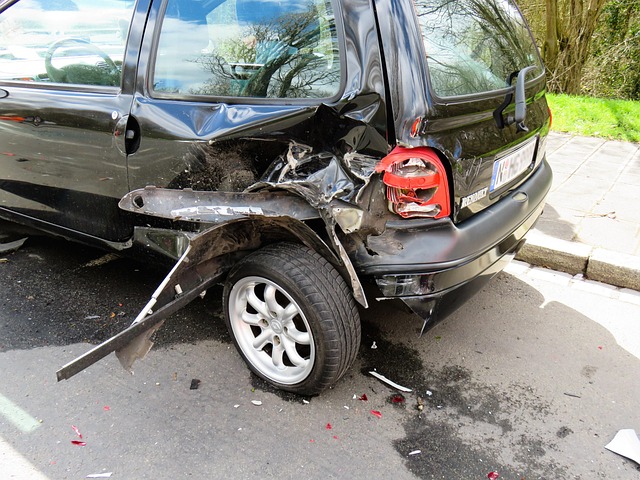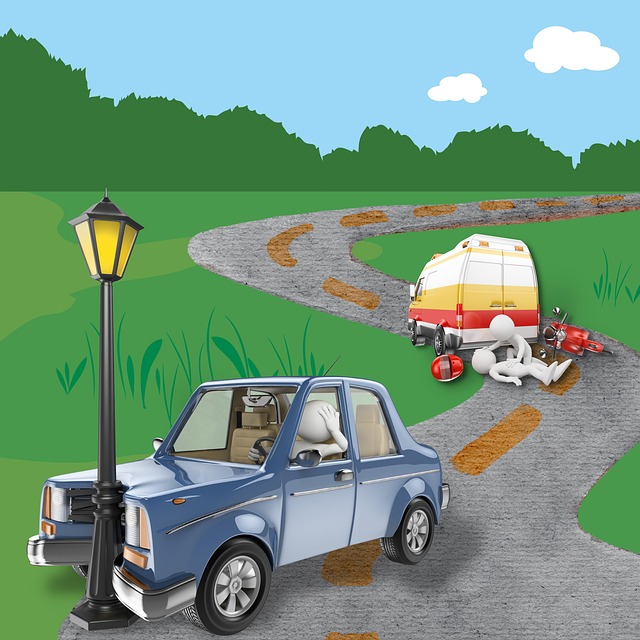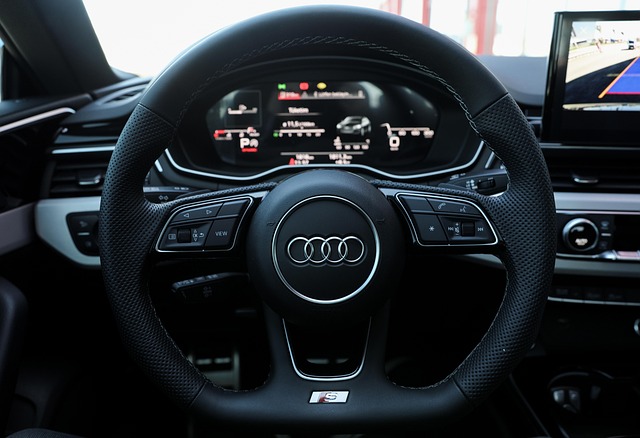After a car accident in Peoria, Illinois, victims have legal rights to compensation through a Peoria Car Accident Lawsuit. They must file a claim within two years, gathering evidence like police reports and medical records with help from an attorney to protect their rights and secure justice for damages including medical bills, lost wages, and pain and suffering.
“In the wake of a car accident, justice and compensation for victims are paramount. If you’re in Peoria, understanding your rights through a lawsuit can be transformative. This article delves into the intricate world of Peoria car accident lawsuits, guiding you through every step. From comprehending legal procedures to knowing your entitlements, we explore the process, resources, and rights available to victims. Empower yourself with knowledge; discover how seeking justice can bring much-needed closure.”
- Understanding Peoria Car Accident Lawsuits
- The Process: From Claim to Compensation
- Seeking Justice: Rights and Resources for Victims
Understanding Peoria Car Accident Lawsuits

When you’re dealing with the aftermath of a car accident in Peoria, understanding your legal rights is crucial. A Peoria Car Accident Lawsuit can provide compensation for medical expenses, lost wages, pain and suffering, and other damages resulting from the crash. This process involves several steps, starting with filing a claim against the at-fault driver or their insurance company. It’s essential to act promptly; in Illinois, you generally have two years from the date of the accident to file a lawsuit.
During this time, it’s vital to gather evidence such as police reports, medical records, and witness statements. An experienced attorney can guide you through this process, ensuring your rights are protected and helping you secure the justice and compensation you deserve for your injuries and losses.
The Process: From Claim to Compensation

After a car accident in Peoria, victims navigate a structured process to seek justice and compensation through a Peoria car accident lawsuit. The journey begins with filing a claim, where individuals document their experiences and present evidence, such as medical records and police reports, to support their case. This initial step is crucial for establishing liability and determining the extent of damages suffered.
Once the claim is submitted, legal experts assess the merits of the case and guide victims through negotiations or, if necessary, file a lawsuit against at-fault parties. Throughout this process, victims are entitled to fair compensation for medical expenses, pain and suffering, lost wages, and other associated damages. A successful verdict or settlement ensures that Peoria car accident victims receive the justice they deserve and are able to move forward with their lives.
Seeking Justice: Rights and Resources for Victims

After a car accident in Peoria, victims have the right to seek justice and compensation for their injuries through a lawsuit. This process allows them to hold negligent drivers accountable and recover damages that can help with medical bills, lost wages, and pain and suffering. In such cases, it’s crucial to understand one’s rights and access available resources.
A Peoria car accident lawsuit provides victims with an avenue to seek redress for their losses. This may include hiring a qualified attorney who specializes in personal injury law, gathering evidence from the scene of the crash, and reviewing state laws pertaining to liability and compensation. By taking these steps, victims can navigate the legal system effectively and fight for the justice they deserve.
A Peoria car accident lawsuit offers a crucial path to justice and compensation for victims, empowering them to navigate the complexities of the legal system. By understanding their rights and the process involved, individuals can seek fair redress and hold accountable those responsible for their harm. This article has provided an overview of this journey, from recognizing one’s claims to securing the compensation deserved, ultimately fostering a safer Peoria community through awareness and accountability.
